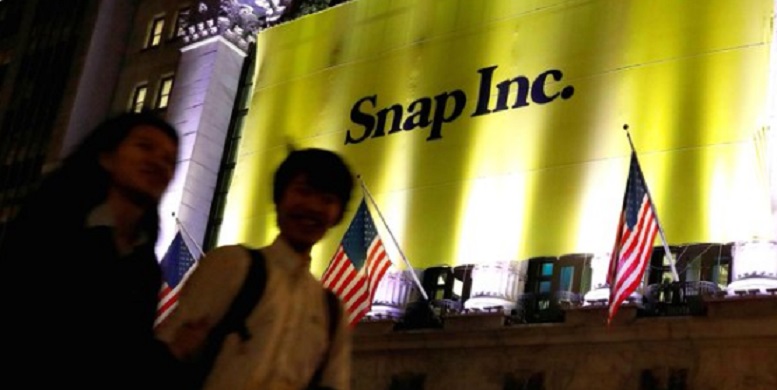Snap, Inc. (NYSE:$SNAP) has been struggling ever since it went public on the market. Not only has its stock went way below its initial public offering (IPO) price, Snap’s post-IPO stock lockup is set to expire this Saturday on July 29. After Saturday, early investors, employees, and insiders alike will be able to sell their shares of the company for the first time.
Snap’s stock has spiralled 19% since its IPO on March 1. In July alone, the stock went down by more than 16%. As of 10:50 AM PT on Friday, July 28, Snap’s stock has decreased by 1.7%. As such, Snap’s lockup expiration may be a disaster for the company.
“We see further trouble ahead for investors in Snap as employee lock-ups expire,” investment research firm Management CV (traded privately) cautioned clients. The firm noted that as Snap’s executives are dealing with lagging growth rates, the lock-up expiration will most likely have a negative impact on investor interests.
However, not everyone is awaiting the lock-up expiration date with dread. Traders that are betting against Snap’s stock price look like they will be welcoming the expiration date. This is because a lot of new shares may hit the market following lock-up expiration and make the stock cheaper, making it cost less for traders to borrow the stock to short. Shorting Snap has been expensive for traders due to the fact that the stock has a borrowing fee of 50% to 60%. Earlier this week, short sellers have been paying about $1.7 million a day in borrowing costs. As a result, many short sellers are anticipating Snap’s share lock-up expiration. According to financial firm S3 Partners (traded privately), Snap’s borrowing fee may go down by 5% after July 29.
S3 has predicted the number of shares that may hit the market as various post-IPO lockup expires:
- July 29 – 400 million shares could be freed up from early investors
- August 14 – 182 million shares could be freed up from Snap employees
- August 14 – 600 million shares could be freed up from Snap directors, founders, and insiders
- August 29 – 20 million shares could be freed up from early investors
S3 believes that it is very likely for early investors to sell some of their shares, estimating that about 10% to 30% of these shares will end up in lending accounts. However, shares held by employees, directors, and insiders may not hit the market as fast. Still, borrowing costs is likely to go down, to the anticipation of short sellers.
Featured Image: twitter











